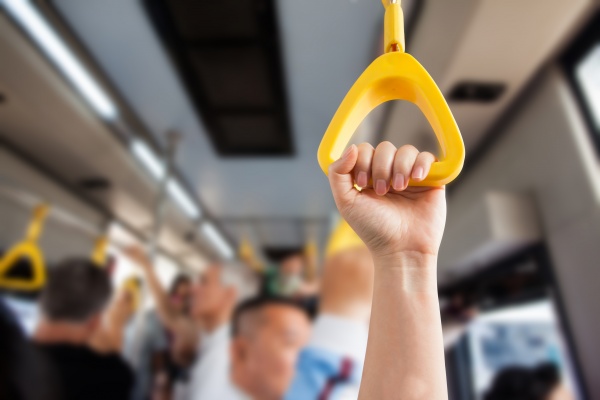ASSURED partner UITP has published a new report aiming to support the bus sector in the complex process of bus fleet renewal and ultimately further the uptake of clean bus technologies. The Bus Fleet Renewal Checklist is a new decision support tool for bus operators, municipalities, and PTAs in the process of bus fleet renewal.
The use of low carbon technologies in the urban transport sector is key to reducing greenhouse emissions and air pollution and to achieve sustainable and liveable cities. Even though the contribution of urban buses to local emissions is already very low, many bus fleets in Europe have non optimal emission standards, and policies on decarbonisation and clean technologies are driving both the market and cities towards cleaner bus fleets. Therefore, in the coming years, many operators and cities will focus onreplacing older bus fleets in an accelerated pace to reach the targets on the transition to a decarbonised and climate neutral bus fleet.
To further advance sustainable urban mobility and the uptake of clean buses, UITP is working with various national and international Partners, like the World Bank, EBRD (European Bank for Reconstruction and Development) and GIZ (Deutsche Gesellschaft für Internationale Zusammenarbeit). One of the recent initiatives is the Action towards Climate-friendly Transport (ACT) coalition, which was launched at the UN Climate Summit 2019.
Developed by the UITP Bus Committee, the Checklist naturally fits in UITP’s toolbox approach and UITP’s efforts on clean bus fleet renewal, including EU-projects such as ZeEUS and ASSURED and initiatives such as the Clean Bus Europe Platform. The checklist is made by the sector, for the sector, with input coming from different stakeholders brought together by UITP, including DPP (Czech Republic), EMT Madrid (Spain), Semitan (France), Arriva (UK), and many others.
The Bus Fleet Renewal Checklist is available on MyLibrary (UITP Members only).
For a glimpse of the report, read the executive summary here.
